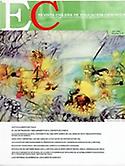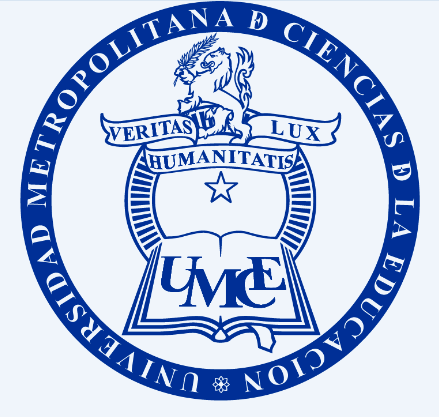Main Article Content
Nov 26, 2024
Abstract
A work together partnership between the College of Education and the College of Science at the University of Texas at El Paso (UTEP) was developed in order to strengthen the pedagogical methods within the context of chemistry content for student Peer Leaders. The goal was to enhance their overall facilitation skills within a workshop setting. The pedagogical techniques
included Socratic questioning, cooperative grouping, constructivism and other instructional methods relevant to the content to be explored and explained .The Peer Leaders received focused instruction in pedagogy throughout the fall of 2005 while continuing to lead workshop demonstrations and explorations. The survey results indicated that the Peer Leaders personal beliefs of their abilities to teach and facilitate leaming changed greatly and that the Peer Leaders who participated in the pedagogical workshops believed they had a greater impact in teaching. Additionally, the results from the Science teaching outcome expectancy did point out that the peer Leader’s also believe they have a greater impact in student leaming. The increased capacity for Peer Leaders to transíate increased selfefficacy and outcome expectancy beliefs into increased
teaching confidence in their future teaching efforts is the desired outcome trend.
References
Apple, M. W., Offic ia l knowledge, New York: Routledge, USA, p. 35-43. 1993.
Becvar, J. Two plus two equals more: Modifying the chemistry curriculum at UTEP, The Workshop project newsletter, 5, [4], p. 1-6, 2004.
Bentley, M. L. Carpe diem, Science acíivities, 32, [3], p. 23-30, 1995.
Bruner, J., The process ofeducation, Harvard University Press, Cambridge, MA, USA, p. 55-59. 1962
Dewey, J., The child and the curriculum, Chicago University Press, Chicago, IL, USA, p. 22-29. 1992.
Enochs, L.G., Riggs, I.M. Further development of an elementary Science teaching efficacy belief instrument: a preservice elementary scale. School Science and mathematics, 90, [8], p. 695-706, 1990.
Robertson, W. H. The critical thinking curriculum model, Dissertation from the University o f New México, p. 36-38. 2000.
Rutherford, F. J., Algrehn, A. Sciencefor allAmericans, Oxford University Press, New York, NY, USA, , p.197-203.1990.


